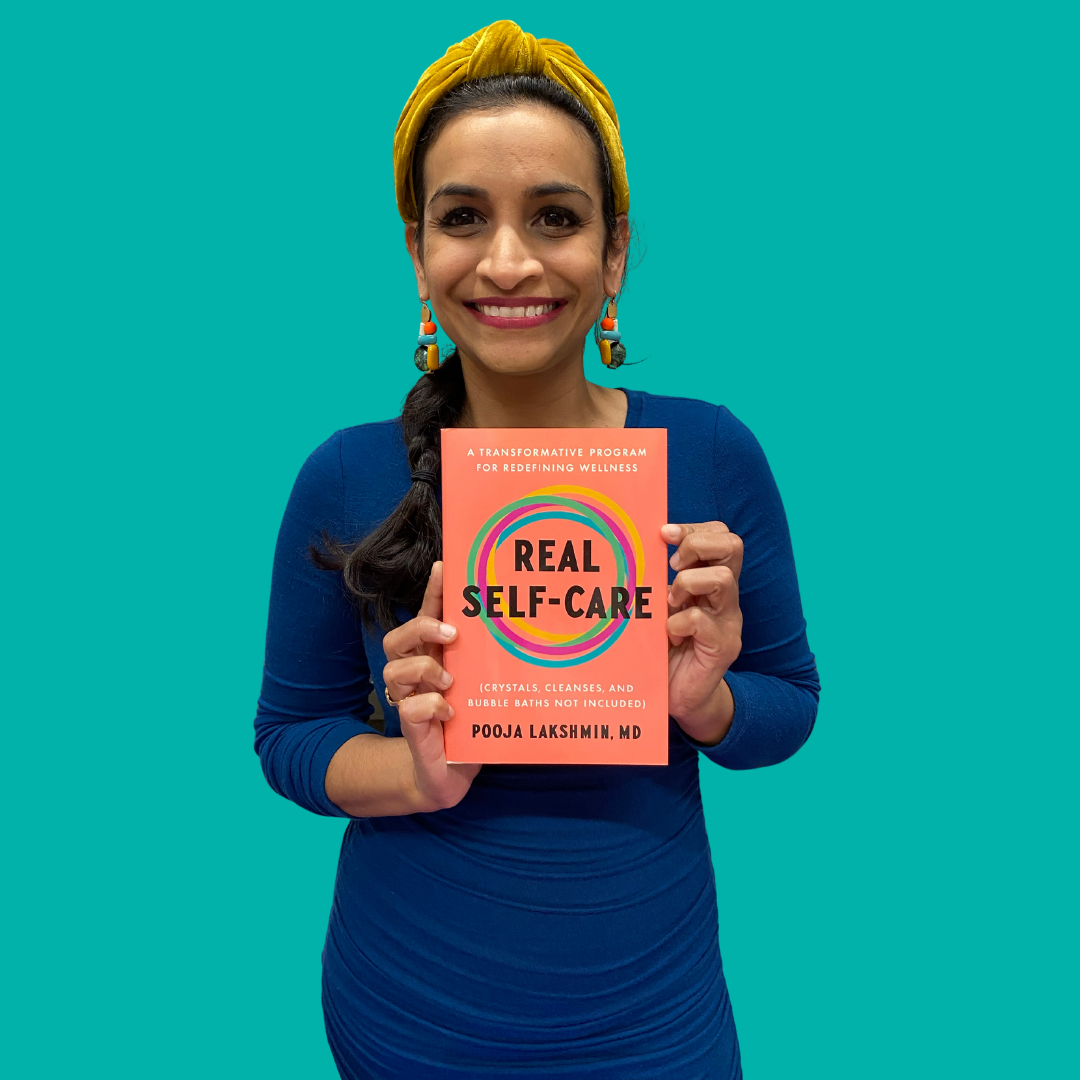Emotional Intelligence: Adult Edition
We all know someone in our lives who is a good listener, like really good. They always know what to say to comfort you and can give you perspective on your situation. This person has a high emotional intelligence.
Emotional intelligence is defined by the ability to recognize what emotions you are feeling, identifying what those emotions are, and realizing how those emotions affect those around you.
On the other hand, emotional intelligence also entails knowing those same emotional cues from those around you. Understanding how others feel and what their emotions are will help you navigate the relationships in your life more effectively.
In order to succeed in life, it is very important to hone your emotional intelligence to navigate your daily environments while also practicing readings others. People who have high emotional intelligence are desirable team members. They will know what they need and how to communicate it as well as their teammates. They will innately make others feel good and foster camaraderie and success.
There are five main characteristics of emotional intelligence: self-awareness, self-regulation, motivation, empathy, and social skills.
Self-Awareness:
When you are self-aware, you recognize and understand the emotions you’re feeling. You’re innately aware of whether your reaction is appropriate or over-the-top and can adjust your reaction accordingly.
Self-Regulation:
You are in control of your own emotions. You’re your own boss and you hold yourself accountable. You know when it’s appropriate to show big emotions and when they should be reined in.
Motivation:
You understand the why of your goals. This drives you and motivates you to succeed.
Empathy:
You can easily put yourself in other people’s shoes and understand why they’re feeling the way they are. This can help you understand and react to others’ emotions.
Social skills:
You can make emotional connections with others using your communication skills. You are diplomatic and can easily resolve conflicts.
People with low emotional intelligence often feel misunderstood and can get overwhelmed by emotions. If you think you can improve your emotional intelligence, read the lists below to discover how to improve and practice.
How to improve your emotional intelligence
Emotional intelligence is a trait that requires contact work and fine tuning. If you would like to improve your emotional intelligence, fret not! There are plenty of actions that can help.
1. Recognize your emotions and name them
If you start feeling overwhelmed by how you’re feeling, take a step back to reflect. What emotion are you feeling? What caused you to feel that emotion? Is this an appropriate reaction? Giving your emotions a name will help your temperament and is an extremely important component of emotional intelligence.
2. Ask for feedback
When appropriate, ask those in your life how they would rate your emotional intelligence and what you could work on to be more perceptive and understanding. This could be a colleague in a professional setting like a boss or coworker, a family member, a spouse, or a friend. All of them will have important, unique perspectives on how you handle your emotions. Some of the feedback may be hard to hear, but it’s an important step in improving your emotional intelligence (and great practice on how to rein in your emotions).
3. Read literature
Reading books is an easy way to improve your emotional intelligence. Studies show that reading is a gateway to empathy. When you read, you will follow the storyline of a character and perceive all their emotions and the lead up to them. Seeing a character’s arc can help you gain insight into their thoughts, motivations, and actions which could, in turn, increase your social awareness.
4. Take responsibility for your actions
If you made someone in your life upset, it’s important to acknowledge their feelings and apologize for how you made them feel. Even if you feel as though you did nothing wrong, you shouldn’t dismiss someone’s feelings. When you apologize to someone directly, they will likely be more willing to forgive you.
Emotional intelligence is an integral part of our lives and it’s important to continue to cultivate it in your everyday life. Whether you are in the office, at home, or with friends, emotional intelligence will help you navigate your relationships in an effective way.
If you are looking to improve your emotional intelligence and in need of support through the process, please reach out to us. Our team of therapists is here to provide support and guidance. We look forward to connecting with you.







